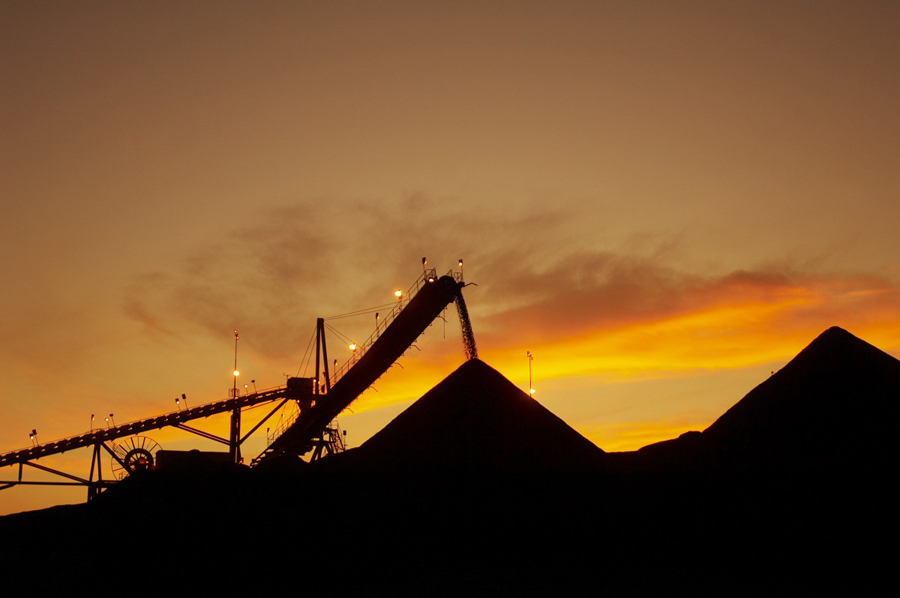Australia sees gold overtaking thermal coal as export earner

Australia expects gold to overtake thermal coal as its fourth-largest export earner in the coming financial year as coal prices fall on subdued demand from Asia, while global tensions prop up gold prices.
Asian demand for the heating fuel is expected to top out this year, as large consuming countries, including China, turn to cleaner energy such as hydropower, nuclear and renewables, Australia’s Department of Industry said in its Resources and Energy quarterly report.
Australia is the world’s second-biggest exporter of thermal coal, behind Indonesia, shipping out an estimated 209 million tonnes last financial year. Some 39% of its exports go to Japan, and roughly a quarter to China.
“The trend for world imports … is likely to be slightly downwards. Imports from most developed countries are forecast to decline, as governments phase out coal-fired power generation,” the report said.
It also pointed to signs that Japan would pivot away from thermal coal more quickly than expected, after the country shelved two coal-fired power projects in the past six months with a third also likely.
Australia is the world’s second-biggest exporter of thermal coal, behind Indonesia
Australia’s exports were forecast to grow slightly in 2020/21, but the report forecast a fall in benchmark Newcastle spot prices from $105 a tonne in 2018 to $83 a tonne this year and $75 in 2020.
At the same time, exports from the world’s second-largest gold producer are set to climb 12% in the 2019/20 financial year from 329 tonnes in the year to end-June, while gold prices are expected to rise.
“Trade and geopolitical risks are likely to support gold prices,” it said. The report expected gold to average $1,440 an ounce in 2021, compared with $1,392 an ounce on Monday.
It forecast gold exports worth A$22.0 billion ($15.40 billion) in 2019/20, ahead of A$21.2 billion of thermal coal exports.
Total resource and energy commodity earnings for 2019/20 were expected to rise by 3.4% to $285 billion, partly due to a prolonged shortage in iron ore exports from Brazil and a weaker Australian dollar.
($1 = 1.4282 Australian dollars)
(By Melanie Burton; Editing by Richard Pullin)
{{ commodity.name }}
{{ post.title }}
{{ post.date }}




Comments